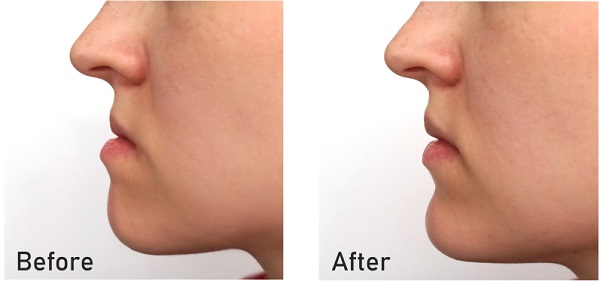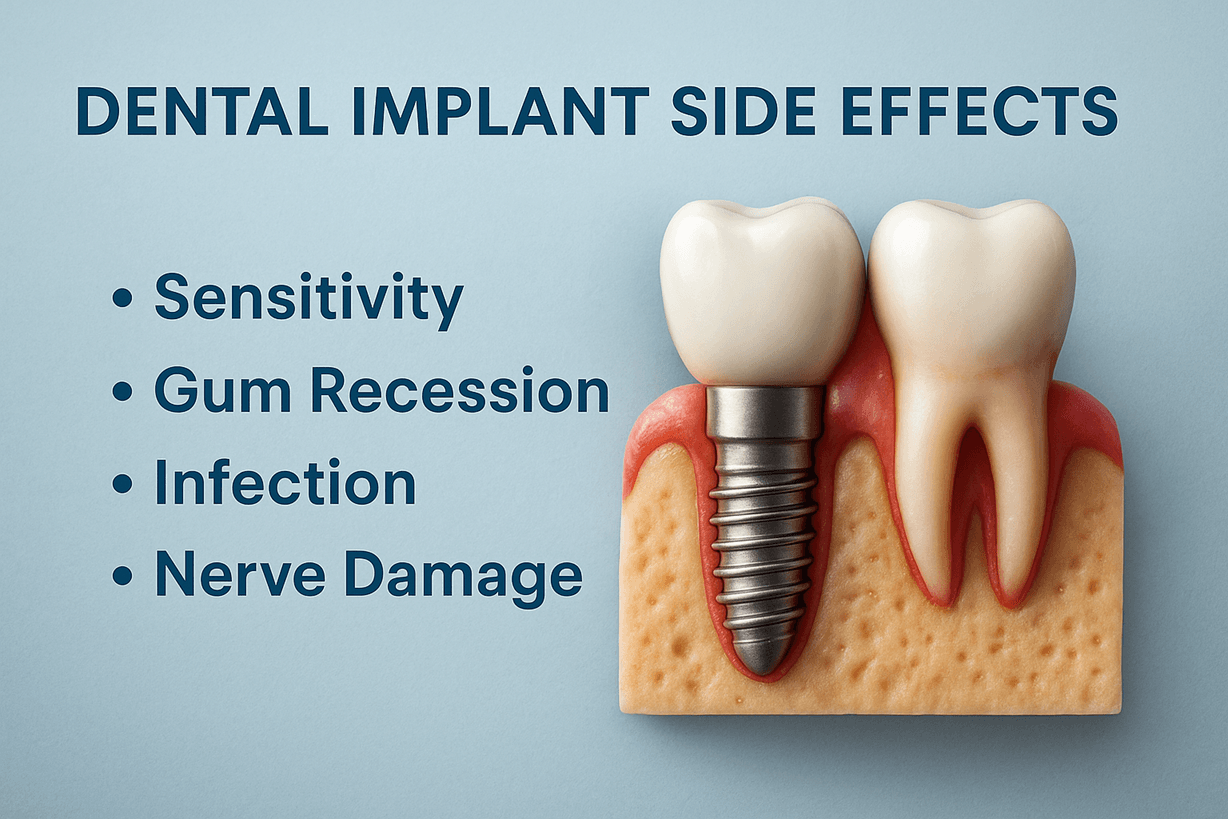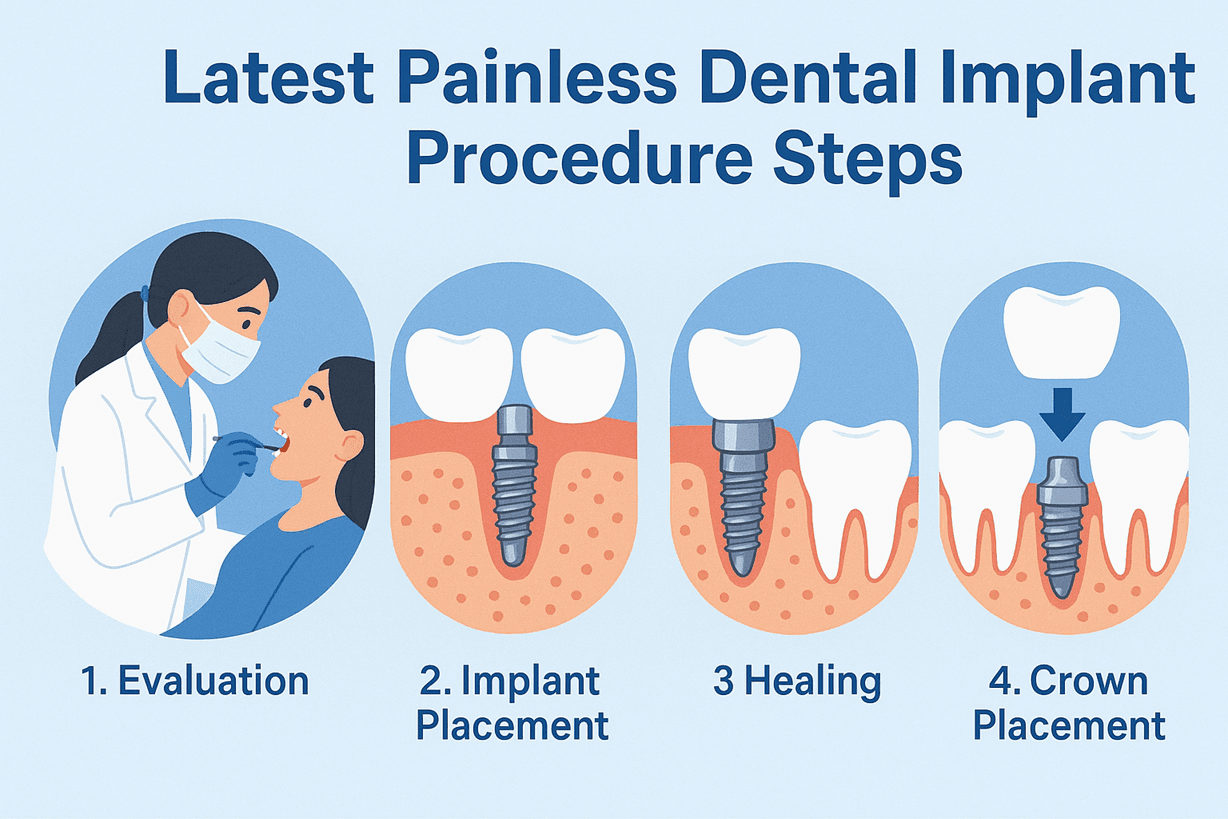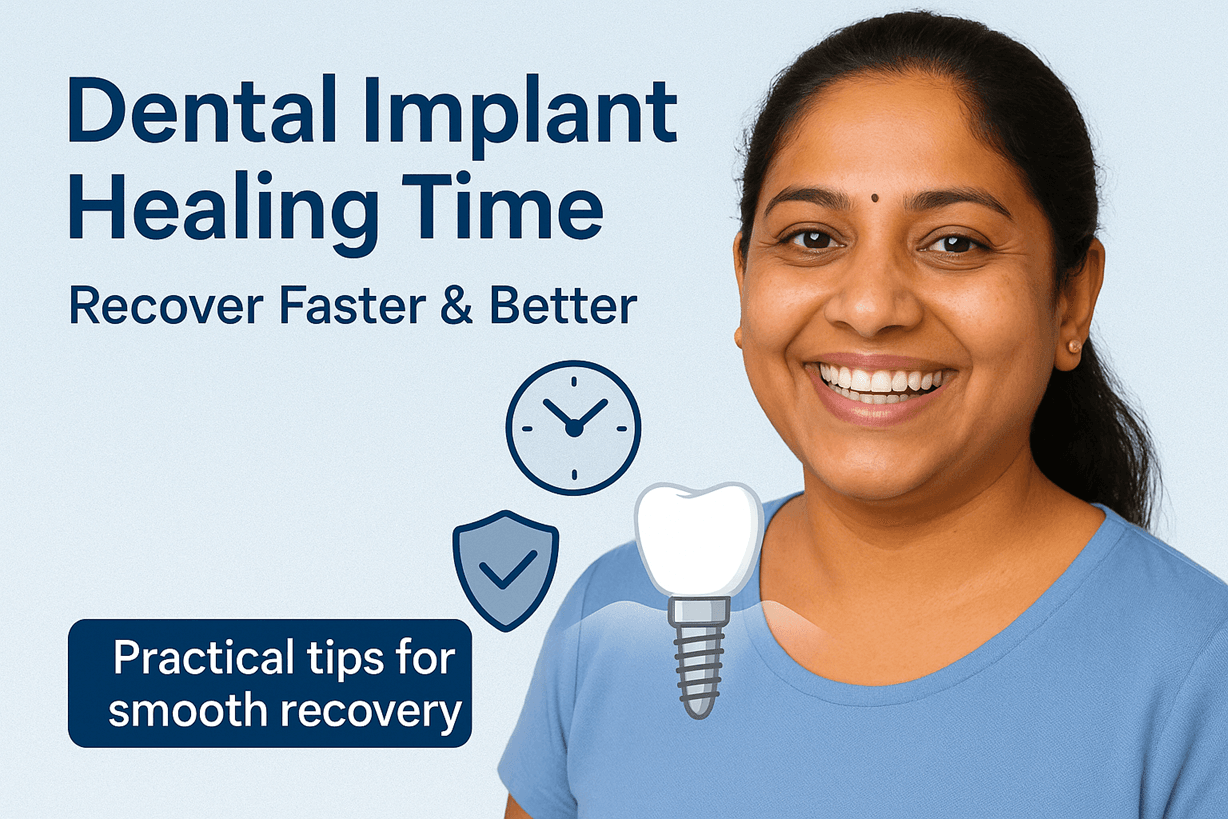Contents
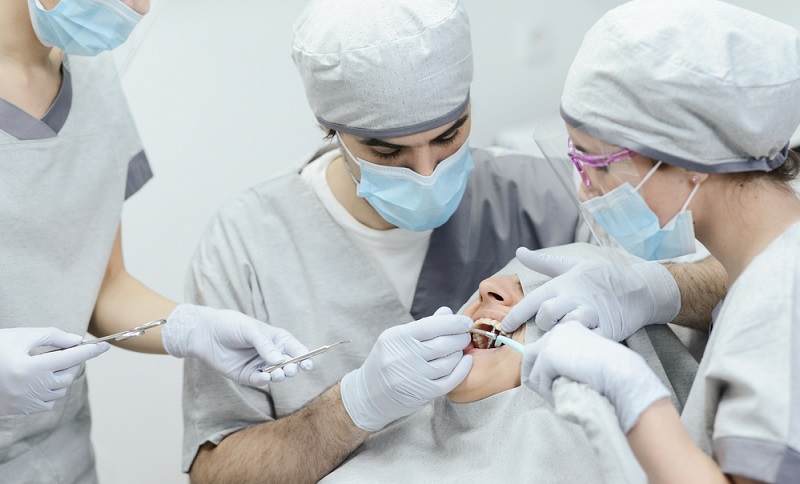
A misaligned jaw can have a significant impact on your oral health as well as your self-confidence. Fortunately, jaw surgery, which is also known as orthognathic surgery, offers a solution.
It is a dedicated branch of dentistry which focuses on correcting various jaw-related issues.
In this blog, let’s delve into the procedure and its types, the recovery process and the cost of undergoing this transformative procedure.
What is Jaw Surgery?
This surgical procedure aims to correct irregularities in the jaw structure to improve facial balance, enhance bite functionality and address other issues like breathing/speech problems.
The procedure is performed by an oral and maxillofacial surgeon in collaboration with an orthodontist.
Orthognathic surgery may be used to realign the lower, upper, or both jaws in individuals who have an improperly positioned jaw concerning the base of the skull or who have a large difference between the sizes of the jaws.
The facial shape can be completely altered through orthognathic surgery.
Why Should You Have Jaw Surgery?
A protruding jaw, a receding chin, birth defects or facial injuries, chronic jaw or jaw joint (TMJ) pain and headaches, an open bite (the space between the upper and lower teeth when the mouth is closed), and sleep apnea (breathing problems while sleeping, including snoring) can all be successfully treated with corrective jaw surgery.
Aesthetic goals can be achieved with cosmetic jaw surgery techniques in addition to the correction of mild to severe teeth and jaw problems.
With the aid of this orthognathic technique, troublesome parts of the face, such as the lips, neck, nose, and cheeks, can be improved, including toothless or gummy smiles, weak chins, protruding underbites, and overbites.
How is Jaw Surgery Done?
Jaw surgery is a complex procedure that begins with a thorough assessment by the surgeon, followed by the development of a personalized treatment plan.
Here is an overview of the process:
1. Pre-Surgery Preparation
Orthodontic Treatment: Patients may need braces or other orthodontic treatments to align teeth before surgery.
Diagnostic Tests: To plan the surgery, the following tests are conducted:
X-rays
CT scans (computed tomography)
Jaw and teeth images
Dental impressions for building a model
Teeth scanning for detailed analysis
2. Surgical Procedure
Anaesthesia: The patient is given general anaesthesia before surgery begins.
Incisions: Incisions are made inside the mouth, avoiding visible scars on the chin, jaw, or face.
Jaw Repositioning: The jawbones are repositioned using techniques such as cutting, reshaping, or bone grafting to achieve the desired alignment.
Closure: The incisions are closed with dissolvable sutures.
3. Types of Jaw Surgery
Maxillary Osteotomy (Upper Jaw Surgery):
The upper jaw is cut and repositioned to correct misalignment.
Conditions treated:
Plates, screws, or wires hold the jaw in place. If screws are used, they become permanent.
Mandibular Osteotomy (Lower Jaw Surgery):
The lower jaw is cut and adjusted to move forward or backward.
Conditions treated:
Retracted or extended lower jaw
The front of the jaw is moved as a single unit, secured with plates and screws.
- Genioplasty (Chin Surgery):
Performed to enlarge a small or receding chin.
The chin bone is cut, moved forward, and fixed with plates and screws. This surgery is often combined with jaw surgery.
Jaw surgery is tailored to the individual’s needs and may involve one or more of the above procedures. The use of plates, screws, and other devices helps ensure the proper alignment and healing of the bones.
Recovery - What to Expect After Jaw Surgery?
After the procedure, patients may experience swelling, bruising and discomfort. It is very important to follow all the post-operative instructions provided by your surgeon.
This will include a specific diet, pain management strategies and oral hygiene protocols. You could also be given oral antibiotics to prevent infection.
The recovery period varies according to individual cases but usually involves a few weeks- 6 to 12 on average. There will be limited physical activity and a slow transition to a normal diet.
How Much Does Jaw Surgery Cost in India?
India is a popular destination for medical tourism, offering high-quality healthcare at affordable prices.
Jaw surgery in India is particularly sought after due to its affordability, access to advanced technology, and skilled surgeons.
Here's what to consider:
1. Factors Affecting Cost
Complexity of the Procedure: The more complex the surgery, the higher the cost.
Degree of Correction: The extent of the correction needed impacts the total cost.
Healthcare Facility: The cost varies depending on whether the surgery is performed in a high-end private hospital or a more affordable clinic.
Surgeon’s Expertise: Surgeons with more experience or specialization may charge higher fees.
Additional Costs: Expenses like post-operative care, diagnostic tests, hospital stays, and medication can add to the overall cost.
2. Cost Range
The average cost of jaw surgery in India ranges from approximately INR 2,00,000 to INR 8,00,000 or more, depending on the factors mentioned above.
Despite the variations, the cost remains significantly lower than in many other countries.
3. Payment and Insurance
Many hospitals offer financing options or work with insurance companies to provide manageable payment plans.
4. Consultation for Personalized Estimate
It’s essential to consult with a qualified oral and maxillofacial surgeon for a personalized cost estimate based on your unique needs and circumstances.
Conclusion
A practical and affordable option for people looking to treat jaw abnormalities and enhance their dental health is jaw surgery in India.
This blog contains a thorough review of the operation, the healing process, the various jaw surgery options, the accessibility of treatment in India, the cost-influencing variables, and patient experiences.
Understanding the intricate details of jaw surgery enables people to make wise decisions, select qualified doctors, and start their transformational journey to a happier, healthier smile.
You should always seek advice from a trained oral and maxillofacial surgeon to analyse your unique needs and choose the best course of action.

